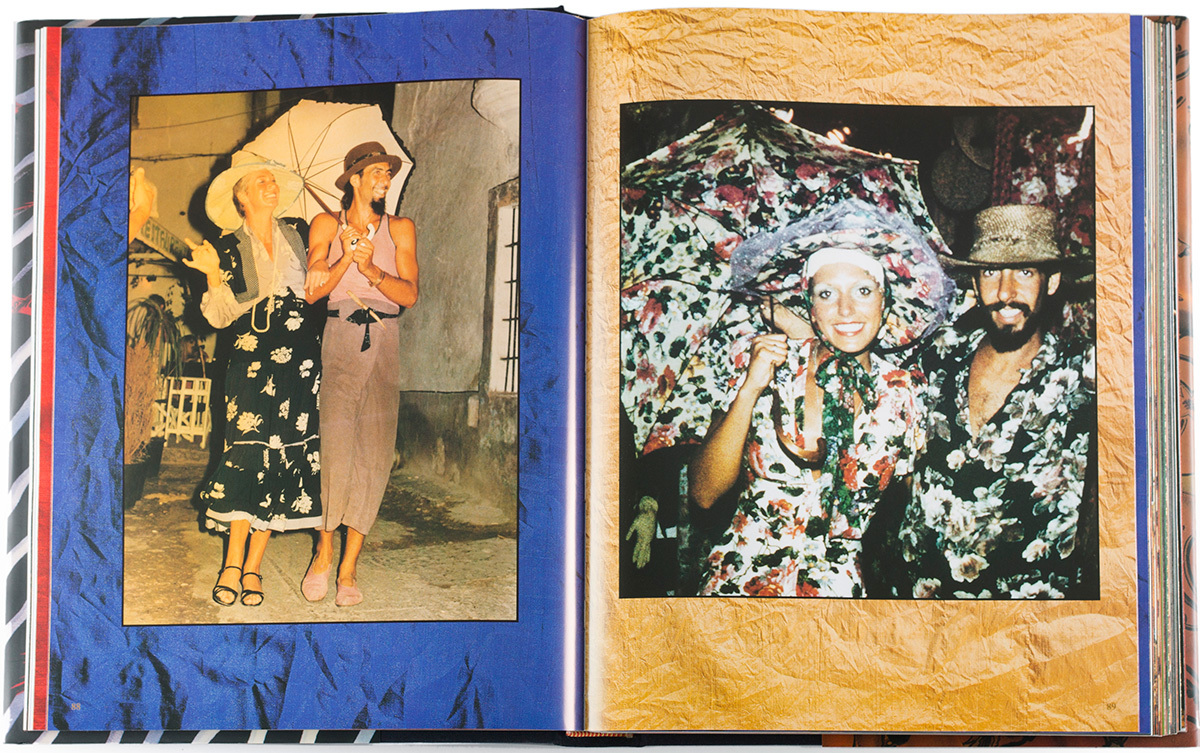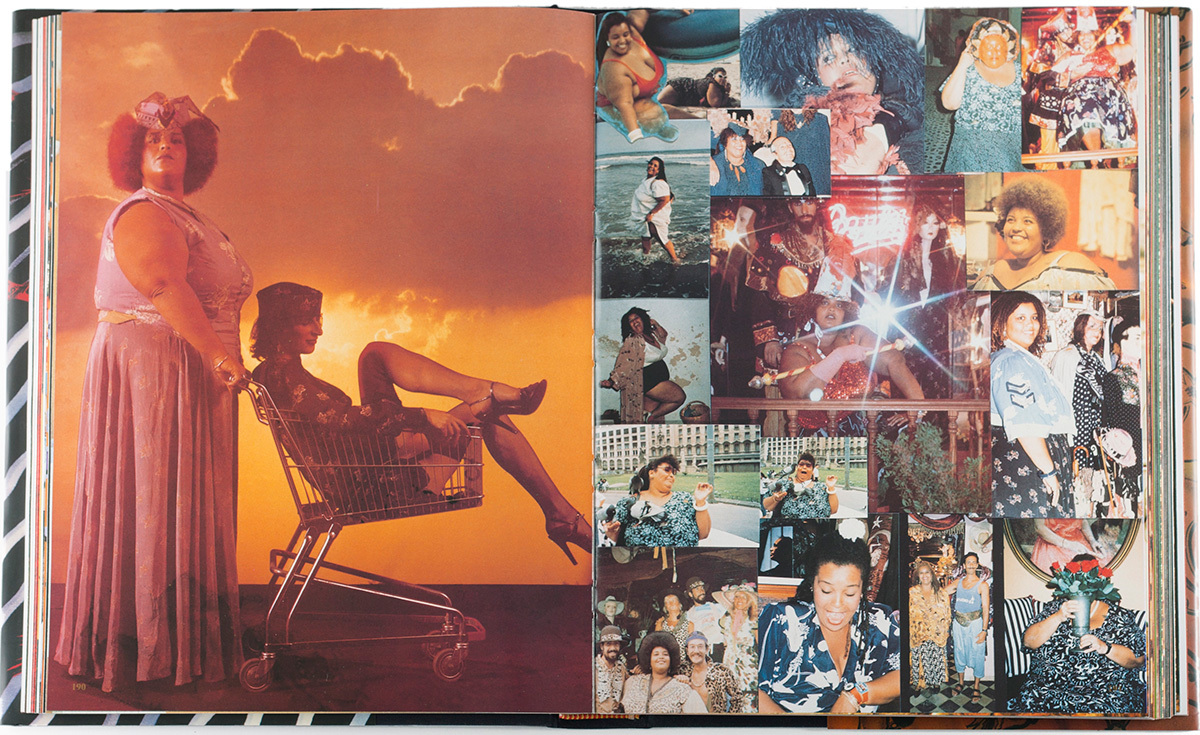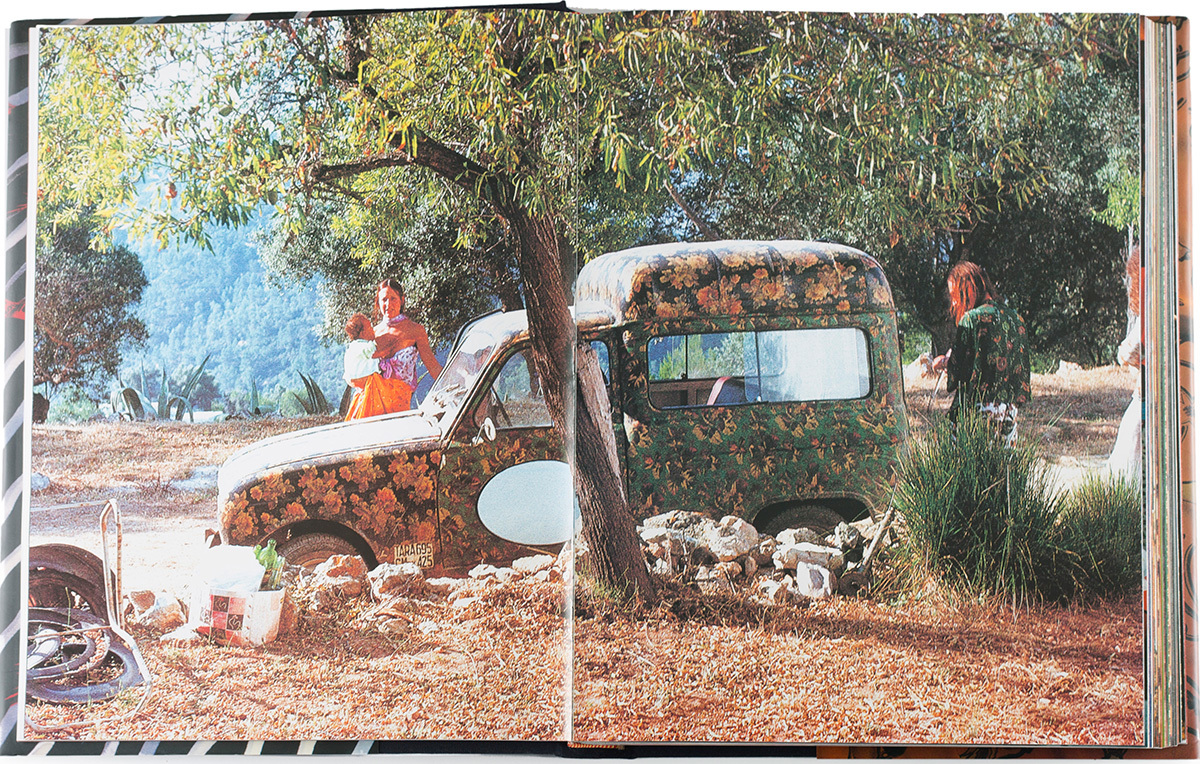Armin Heinemann had no intention of opening a shop. He didn’t even intend on going to Ibiza. A working architect with a home and a flat and a social security number in his native Germany, it was only after he made the decision to end an unhappy marriage that he found himself on the island at all, attracted by the waft of patchouli oil and a tip off from a stranger in a Cologne bar. The height of the hippie invasion, Ibiza of the early 1970s felt like the beginnings of a new civilisation. A more primitive, more spiritual civilisation, where the hair was long and the pantaloons were wide. The kind of place where, I dunno, you could be sitting on the curb one day, be offered a shop in the old town and inadvertently open the Balearic isles’ first concept store.
Paula’s Ibiza was much more than a shop. It was a freaking lifestyle. Inspired by the nature of the island — blossoms blossoming, flowers, um, flowering – its look du jour was a kind of Liberty on reefers. The inner walls, including the ceiling, were covered with floral fabrics. Masses of fresh flowers hung in big bouquets. Like the full and flowing garments it sold, the feel was natural and romantic; a museum style sign with red string above the door, adding only to the feeling of Paula’s being a visual spectacle of the highest order. Little wonder it attracted everyone from Donna Summer to Freddie Mercury; Valentino to John Paul Gaultier through its doors.
The basis for a new collaboration conceived by LOEWE creative director Jonathan Anderson, who encountered Paula’s on his childhood holidays to the island, it sees Armin share not only a selection of original prints and garment designs from his archive, but also his voice; appearing on a specially produced track, Close to Paradise, written by Belgian DJ duo Soulwax and curated by prolific sound director Michel Gaubert.
“What was important for me was that we came to Ibiza as hippies,” says Armin today. “So everything we saw, how we were living, how the shop was, everything, everything was based on our hippie life.” With the collection in stores, turn on, tune in and drop out to our interview with the man himself below.
What was your first impression of the Ibiza in the early 1970s?
I came on the boat. It was night and there was not much happening. There were hardly any cars, so it was a very rural Island and the nature was very strong. My first impression was nature. Because coming from Germany, in early October, all the leaves are already gone and it’s dark and cold. Arriving in Ibiza at the end of October, beginning of November, it was like springtime. Everything was green, the flowers where there. It was a passion that really touched you very much. Especially when you are so depressed and so destroyed and you arrive here and everything is just open and free and natural and blooming and flowering and the air is pure and the sea is there. It was an overwhelming experience.
How did you come to open the shop?
How did I come to open the shop? The same reason I got everything — I just accepted what happened to me. I was sitting with some hippie people on the street in Ibiza, and somebody absolutely wanted to sell it to me. He just pushed me so much into it that in the end I said, “Okay, I’ll take it”.

Had you ever designed clothes before?
Never. Before I was an architect. I was an architect and I had left everything back in Germany. All my architecture drawings, everything. I used the last money that I had to buy the shop, with the idea that in springtime I could sell it again for a bit more money. But then I found a paper under the door, a postcard from a lady from Germany asking for some blouses. I looked for some material and made her three, then I thought, “Well, perhaps you try again”. With the money we got for the three blouses, I bought more material and that’s how it began. I literally started from zero.
What inspired the clothes you were making?
The nature, the simple life. All my first designs, in reality, were mistakes. Mistakes in explaining to the seamstress and her misunderstanding my poor Spanish. What came out was different to what I’d wanted but I thought, “Wow, that looks good”. Dresses that were shorter in the front and longer at the back. Things like that always happened.
What was the shop itself like?
The whole decoration was very, very exuberant. It was full with flowers. We pasted flower materials on the walls, on the ceiling, on the dressers. And we had all real flowers everywhere with little dolls and funny items we found at flea markets. I had an English girl working there first actually. She was very nice Angela was her name and she big boobs, and a good body. Very open and speaking much. But there was only men coming to the boutique! So I thought that Stuart [Rudnick — co-founder] would be much better because he was good looking and very charming and he an incredibly good sense of speaking to people and convincing them how to dress them. He developed a way of styling the people in a very extraordinary way.

Who where your customers at the time, what sort of characters where they?
At the very beginning, it was freaky people. Our clothes were super cheap so it was people we knew, people who discovered it walking through the old town. Then, afterwards, as we became a little bit more famous, it changed of course and it became more international and more artistic people. People that came here from television or from the movies. Donna Summer, the famous singer, she was here in the 70’s and got one of our first dresses. Then these people of course, they speak around. I mean Gaultier was here. Boy George. Freddie Mercury. He came a couple of times and bought things. We never made any advertisements, it was all word of mouth.
What are your overriding memories of it all, looking back?
We did not go there to feel good and to be entertained, we went there because we were destroyed. We was hoping to find a place where there was no pressure and where we could try to get our lives together, or do something. That was not only with me, that was with everybody that I met here. And that was our community, what was binding us together. This need for support to each other to get our lives together. In the end, I can say it happened.
Soulwax’s Close to Paradise (A Gaubert/Loewe Collaboration) is out now.
Credits
Text Matthew Whitehouse
